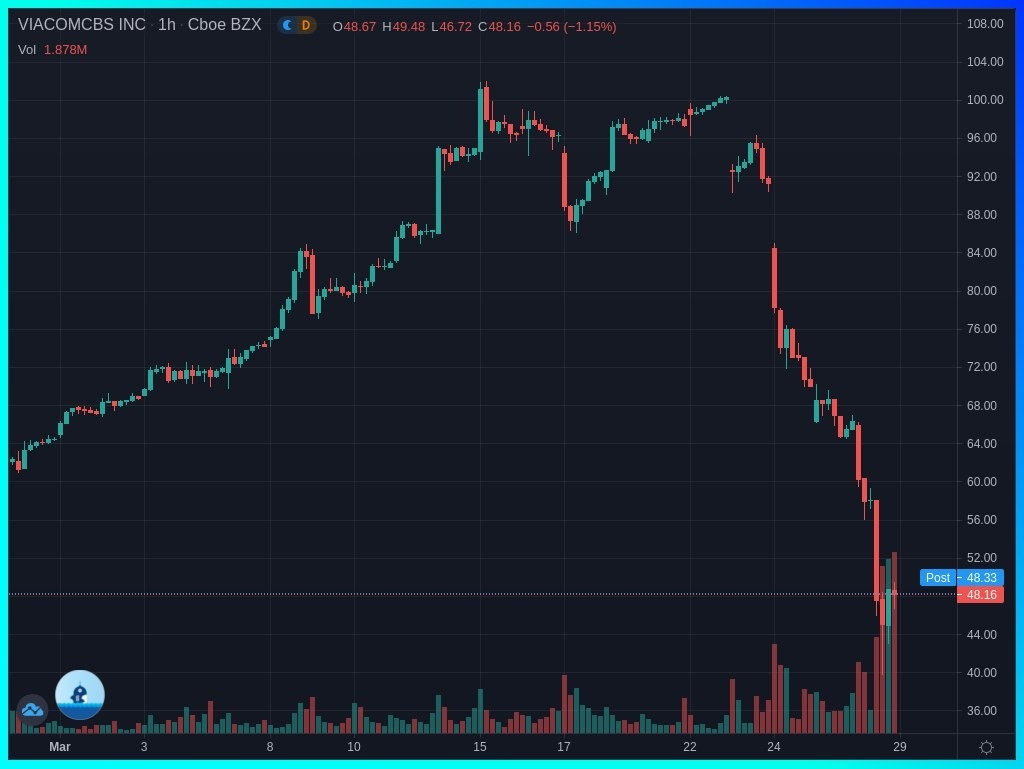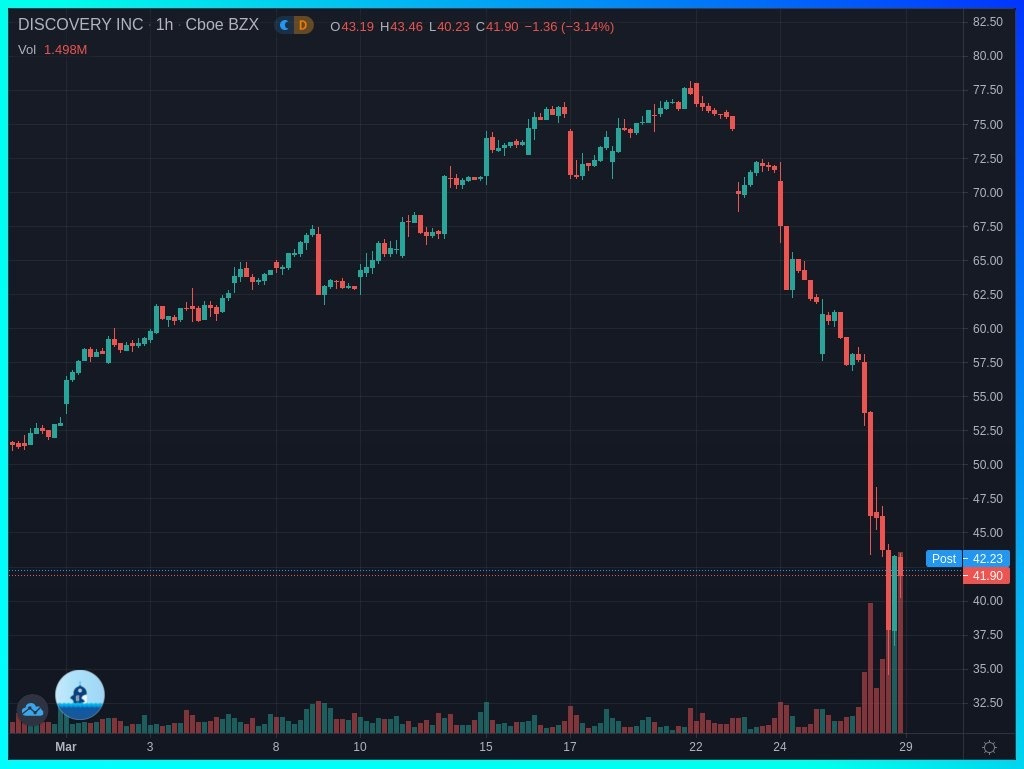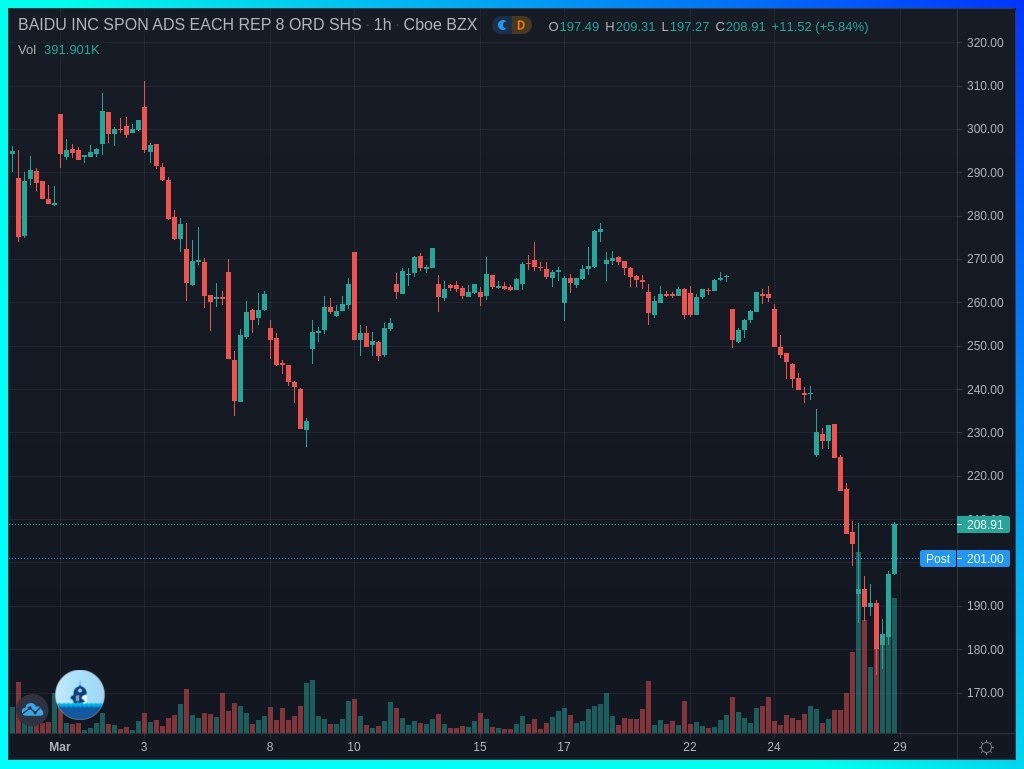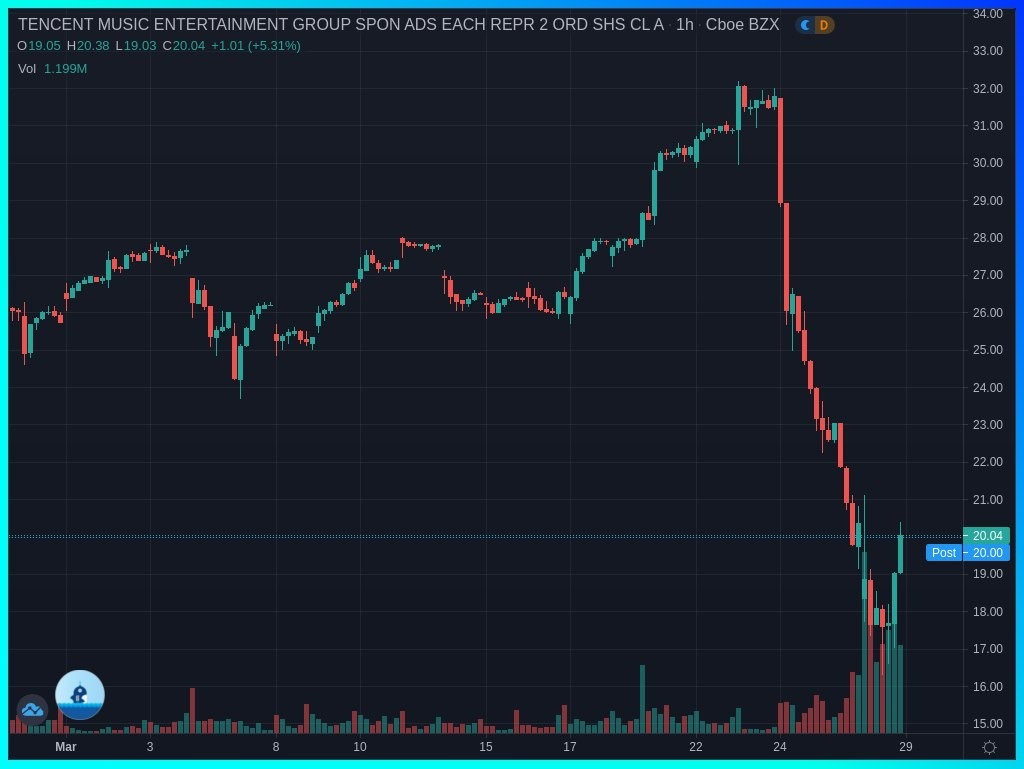Morning,
The Saturday is based in Los Angeles, so we know a thing or two about traffic. It’s bad.
Still, it’s not the Suez Canal.
This week, a 1,300ft, 220,000-ton ship got stuck in a 300ft wide section of the Egyptian canal, halting all cargo traffic. As of Friday evening, well over 200 cargo ships were believed to be stuck on either side of the canal, grinding world trade to a halt.
Turns out that the Suez Canal is a big deal. 10% of the world’s seaborne oil travels through it, sending oil prices up 4% on Friday. The blockage will now force other ships to circle around Africa’s Cape of Good Hope to reach their destination, adding 9 days to the journey, at an average additional cost of $500,000 per ship. Overall, the blockage is expected to cost the world economy more than $10B per week.
Not good.
Selfishly though, this makes us feel better about LA traffic. It’s the little things that count.
It’s Saturday March 27, 2021.
God’s Plan
Longtime readers of The Saturday know that we have a soft spot for ecclesiastical investments; religious institutions’ trading practices have a little je ne sais quoi that make them irresistible to cover. Who could ever forget the Vatican’s multi-million dollar bet on Hertz credit default swaps?!?
Religious organizations have long been landholders, patrons of the arts, etc., but it still feels weird to think of them as financial institutions.
Gucci bit loafers are popular among those with Bloomberg terminals. Cassocks, not so much, although you could argue that papal conclaves and investment committees are more alike than they are dissimilar.
But we digress…
Last year, reports revealed that the Church of Jesus Christ of Latter-day Saints’ investment arm, Ensign Peak Advisors, reached $100B in assets under management. For scale, $100B puts Ensign on equal footing with SoftBank as one of the largest investment funds in the world.
The equal AUM is one of very few similarities between Ensign and SoftBank, and readers could be forgiven for thinking that this is where the similarities between the two funds end. After all, the former makes counter-parties sign lifetime NDAs, requires employees to abstain from drinking coffee, and invests in anticipation of the Second Coming, while the latter is a habitual headline maker, funds companies that dole out tequila shots before noon, and likens its Vision Fund to the Big Bang.
But that’s not to say that the funds are completely unalike. In fact, both seem to have a penchant for high-flying Robinhood-like trades.
We previously discussed SoftBank’s $4B call option trade that earned the group its Nasdaq Whale moniker last fall.
On Wednesday, Business Insider published an article revealing that, in 2020Q4, the Mormon Church - via Ensign - sold off significant chunks of its Apple, Microsoft, and Amazon holdings, and rolled the proceeds into…
GameStop and Tesla.
Whether divine providence or simply astute investing, Ensign beat WallStreetBets to the short-squeeze, acquiring 46,000 shares of the brick-and-mortar-but-hopefully-someday-digital gaming company at under $19/share. Just over a month later, GameStop traded as high as $483. The stock closed at $181 yesterday.
Perhaps more significantly in terms of nominal dollars, Ensign also quadrupled its investment in Tesla just as the stock prepared to join the S&P 500 and went on a wild run up. The Church returned 550% on its TSLA investment in 2020 and its position is currently worth roughly $330M.
Using Tesla gains to fund missionary trips to an Elon Musk-populated Mars would be the ultimate power move.
Sell Off
Here are some charts from CryptoWhale, showcasing unusual trading activity on Friday:
Viacom/CBS
Discovery
Baidu
Tencent Music
Two US cable giants were down 50% and two of the largest Chinese media companies were down 30%+ in the final hours of trading Friday.
Of course, these stock movements could be totally unrelated. Maybe the four just dumped at the exact same time by pure coincidence. Maybe regulatory change is coming. Run for the hills!
Elsewhere, however, the rumor mill and (i) a few (ii) Twitter (iii) accounts believe that an over-levered Asian TMT (technology, media, and telecom) whale was blown up and forced into liquidation, with blocks of 35M VIAC shares, 16M DISCA, 10M BIDU, and more sizeable share blocks being force-sold.
This story is developing as we speak. As of Friday evening, very little information is known about what actually happened and which fund may (or may not) have been blown up.
The prevailing rumor in the dark corners of the internet - and it is important to note that this is only a rumor - is that Archegos Capital Management, LP, an Asia-focused offshoot of famed Tiger Management, may be the victim.
If true, the aftermath will be interesting to follow. At some point on Friday, nearly $100B of value had simultaneously evaporated among a handful of companies.
Inception
On Tuesday, Robinhood uploaded a blog post confirming that it had confidentially filed a Form S-1, setting off its IPO process.
After dominating headlines for much of the last year, Robinhood’s announcement came with little fanfare. Due to the SEC-mandated quiet period for new issues and the company’s decision to first file confidentially, not many details are known at the moment.
What we do know is that Robinhood’s valuation tripled in the wake of the GameStop saga; after being valued at $12B in September 2020, the company raised at a $40B valuation last month. Roblox recently went public at a substantial premium to a month-old fundraise, so the same thing may well happen for the stock trading app.
Trading Robinhood on Robinhood…
Save up those stimulus checks; this will be a heck of a game.
The SPAC to End All SPACs
Well, we did it! After begging for a WeWork SPAC, celebrating a potential Shaq SPAC, and dreaming that the two ideas would unite, it is now official…
On Friday, WeWork announced that it entered into a definitive merger agreement with BowX Acquisition Corp., a Shaquille O’Neal-advised SPAC, in a deal that reportedly values the office leasing company at $7.6B.
At first glance, it would be easy to view this as another bad turn for the co-working start-up, who was valued at $47B in 2019. SoftBank alone has invested over $10B in WeWork over the years, so the current valuation suggests that the company was more of a value destroyer than a value creator.
While the WeWork jokes have written themselves over the last few years, however, the negative spin on the SPAC deal kind of misses the point. For starters, being “worth” $47B according to Masayoshi Son circa 2019 and being worth $47B in the real world are two completely different beasts. Second, only a short year ago, WeWork was valued at $2.9B, so a $7.6B valuation today is no small feat.
Moreso than anything, this deal is a tribute to the new management’s turnaround work. Membership dropped 24% in 2020, but this isn’t half-bad given the pandemic and WeWork’s significant exposure to major locked-down markets. Now, the company’s valuation is up 162% year-over-year and has some tailwinds, as a growing number of employers eschew permanent office space for more flexible options.
By no means is WeWork a slam dunk, but NYU professor Scott Galloway captured the moment pretty well:
“This now looks more like a growth company, as opposed to a psychotropic trip where the market enters into a consensual hallucination with a start-up. This now looks just as good - or bad - as most SPACs.”
After WeWork’s uniquely bumpy ride, looking “just like” any other $7B company is plenty good.
What a week for quasi-meme stories! Enough for now.
Have a great weekend!







